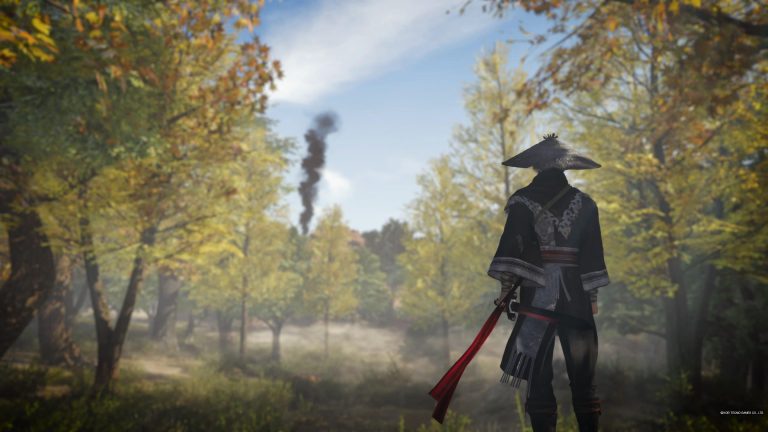“I recall a time when I, along with my buddies, stumbled upon a mysterious game at our local video game or computer store. It was on the 3DO, and immediately piqued our curiosity. We all dove into it, and man, did it make us feel like total badasses,” recounts Patrick Honnoraty, the current producer for Need for Speed. “Taking the wheel, outmaneuvering the cops—it was an unparalleled experience at the time.”
Ever since the debut of that iconic game, cleverly titled The Need for Speed or for purists, Road and Track presents: The Need For Speed, in 1994, the racing game genre has undergone a transformation no one could’ve imagined back then. Here I am, penning these words, and truth be told, I wouldn’t even be born for another five or so years.
Nonetheless, Need for Speed has left its mark, and next month, it celebrates an impressive 30 years. That’s three decades of shifting and evolving in numerous ways—some changes embraced warmly by players, others less so. Current and past NFS developers recently gathered at a roundtable hosted by VG247, sharing their reflections on the game’s journey.
“The path hasn’t always been smooth, to be honest,” acknowledges Honnoraty. “But what’s crucial is remembering the essence of The Need For Speed when it first hit the scene—it was incredibly user-friendly and straightforward.”
He elaborates on how Need for Speed has aimed to uphold its original formula. “Even today, it remains accessible. Many racing games present challenges that make them hard to approach, but with Need for Speed, players still have that option to immerse themselves.” Honnoraty emphasizes the significance of staying in tune with evolving car culture trends. “It’s up to our vehicle artists like Bryn [Alban] and Frankie [Yip] to constantly keep an eye on trends and seamlessly integrate them into the game.”
Reflecting on the series’ highs and lows, Honnoraty comments, “Some of the challenging times for the franchise have coincided with periods when customization was deprioritized and absent. The game truly suffered when those elements were stripped away.”
It’s interesting to note how the series has morphed with each era—from those early unrestrained escapades to the adrenaline-rich street races in the 2000s with titles like Underground and Most Wanted. Then there were daring attempts with titles such as Prostreet, The Run, and Shifts, before cycling development teams from Criterion to Ghost Games and back again. With such a diverse player base, where does the franchise stand as it looks towards November 2024?
Honnoraty observes, “Nowadays, the biggest challenge is confronting the franchise’s age and multifaceted history. It’s been so many different things to so many people, sparking debates among players about which installment reigns supreme.”
He recalls a telling moment from EA Play during the Need for Speed Payback release. Enthused fans at the booth responded with nostalgia, likening experiences to past titles like Most Wanted and Underground, despite their differing tones. “It boils down to the emotions players associate with those games. Some fans might have skipped certain releases but revisited others. Reconciling what Need for Speed means to players is one of our trickiest tasks.”
Vehicle art director Bryn Alban adds, “The series holds a special place in the hearts of many, each with a unique perspective on what qualifies as a good Need for Speed. Trying to satisfy everyone consistently is immensely challenging, especially with contentious customization preferences.”
Listening to a plethora of passionate fan feedback is vital, yet Justin Wiebe, a stalwart NFS developer now with Battlefield studio Ripple Effect, remarks that it’s not about pleasing everyone. “Aiming to cater to everyone results in a diluted vision appealing to none—so, clarity and decisiveness in direction are imperative.”
Wiebe cites his experience on Prostreet, daring to shift away from traditional street racing to professional tracks—a bold move underscored by a distinct vision. “Decisions like these are tough and might polarize players, but they are sometimes what’s best for that specific iteration.”
This delicate balance between nostalgia and innovation continues with recent installments, and it will likely persist as the series speeds into its fourth decade. Honnoraty mentions myriad approaches they took, from the Hot Pursuit vibes of Rivals to reimagining Underground with customization in focus, leading to the elevated action of Payback.
In blending these elements, Need for Speed created gems like Heat, and integrated compelling risk-versus-reward aspects in Unbound. With each game, while racing remains central, they strive to spice it up with intriguing elements. “The risks don’t always pay off, but rest assured, we’re committed to delivering something unique with every release.”



